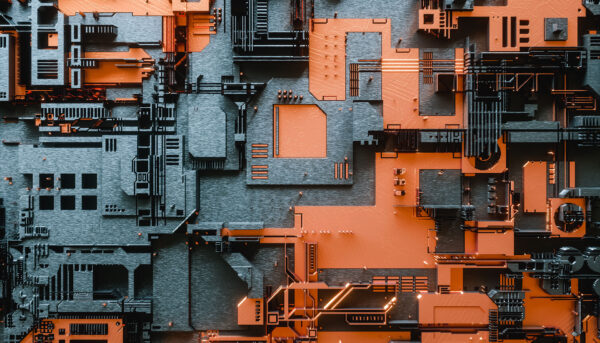Article disponible en anglais seulement : Ontario Government proposes bill to limit registrations of security interests against certain equipment
Financial Services
Le gouvernement de l’Ontario propose un projet de loi pour limiter l’enregistrement de sûretés sur certains types d’équipement
Authors
-

Shaun Parekh
CounselToronto -

Harrison Fox
AssociateToronto -

Kenneth R. Rosenstein
PartnerToronto






